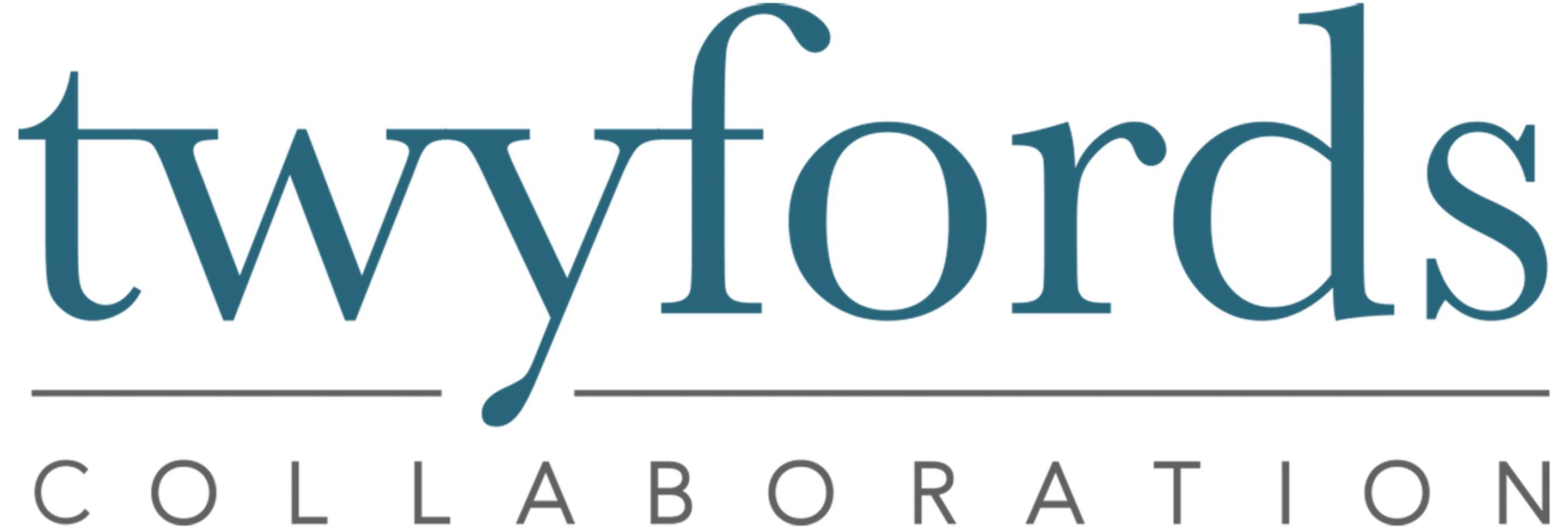Are we naïve to believe other people? Should we take them at their word? When do you trust others and when don’t you? Are there any rules about this or any guidance about when you should or when it’s silly or naïve to do so? Being able to trust others is so important to effective collaboration that I’m keen to better understand existing research and other people’s experiences.
I want to know how to support collaborators to work on this aspect of their relationships.
Trust, or more often the lack of it, seems to be a topic of current interest today. In Australia we’ve recently had several very public Royal Commissions … into banking and financial institutions … into institutional responses to child sexual abuse … into aged care. The evidence presented and the stories from people who have suffered as a result of failures in these institutions have had an impact on levels of societal trust in organisations and their leaders. I’ve been wondering whether this has implications for why, when and how we decide to trust, or not, people we don’t know or people we don’t agree with.
Recently the ABC, Australia’s public broadcaster, dedicated its regular Monday night program, Q and A, to the topic of trust. A panel including 3 politicians, a board member of a bank and the CEO of an NGO addressed the issue of “Who do you trust? How have we lost it, how could we regain it, and how can we reinstate integrity and truth?” They addressed the issues by answering questions from the audience and from the facilitator, Hamish McDonald.
I found the conversations more interesting than I thought I would. There seemed to be agreement across the panel and from the audience about what we can do in our personal and public lives to build more trustful relationships.
Behaviour suggested by the panellists that is likely to encourage others to trust us, our leaders or our fellow collaborators included:
- Being able to say things like:
- “I don’t know. I don’t have an answer to that question, I need help to find one.”
- “Sorry, I got it wrong in the past, but evidence and information I’ve been presented with since has changed my mind.”
- Being better at the art of listening with an open mind. Wanting to hear what people with different views have to say, and what evidence they have to support those views.
- Reframing our own positions and interests in less confrontational ways that don’t seek to be ‘right’ which makes others ‘wrong’. Providing evidence and reasons for our views.
- Working more actively to decipher and understand new information.
- Opening up to new encounters and different conversations.
- Asking questions that both acknowledge the expertise of others and seek to understand them.
I was surprised by the nature of this national conversation and the ideas generated from the panel. Their thoughts about integrity and truth, as well as about the issue of trust lost and how to regain it, matched my thinking. My experience is that people working in complex situations who are able to say that they don’t know things, that they don’t have answers, that they can change their minds when they learn new things, that they can be authentic, vulnerable and human, do encourage us to trust them. If we display the same behaviours, perhaps we, in our turn, will be trusted as we work together to find innovative solutions.
